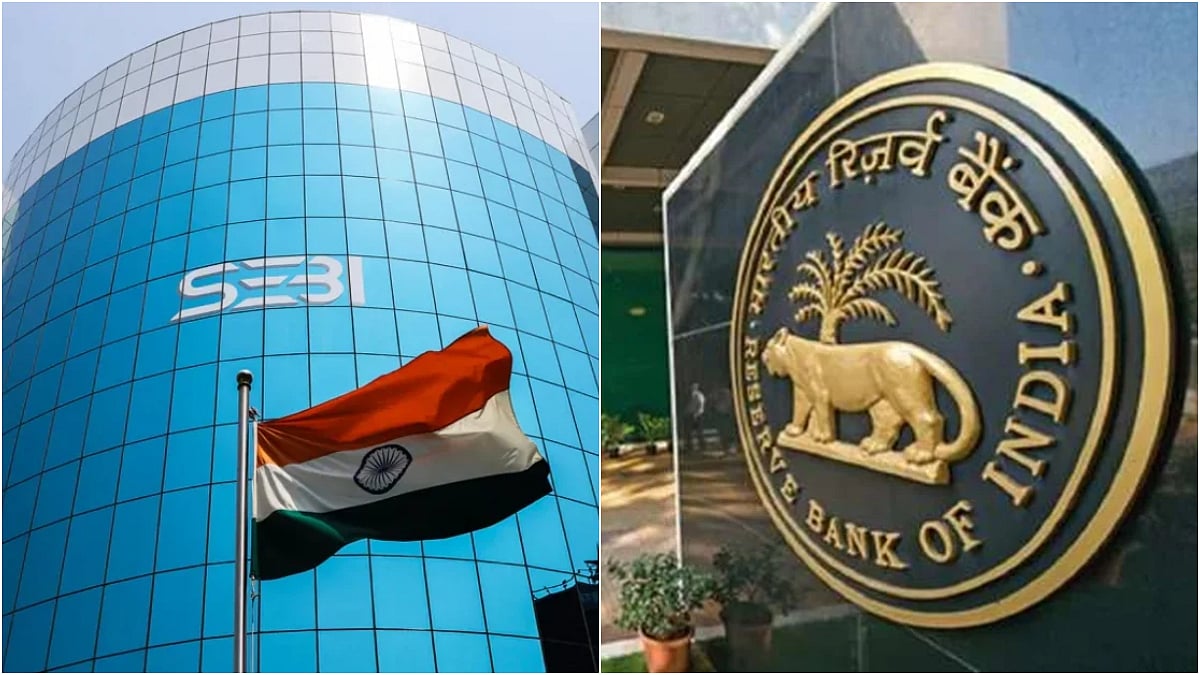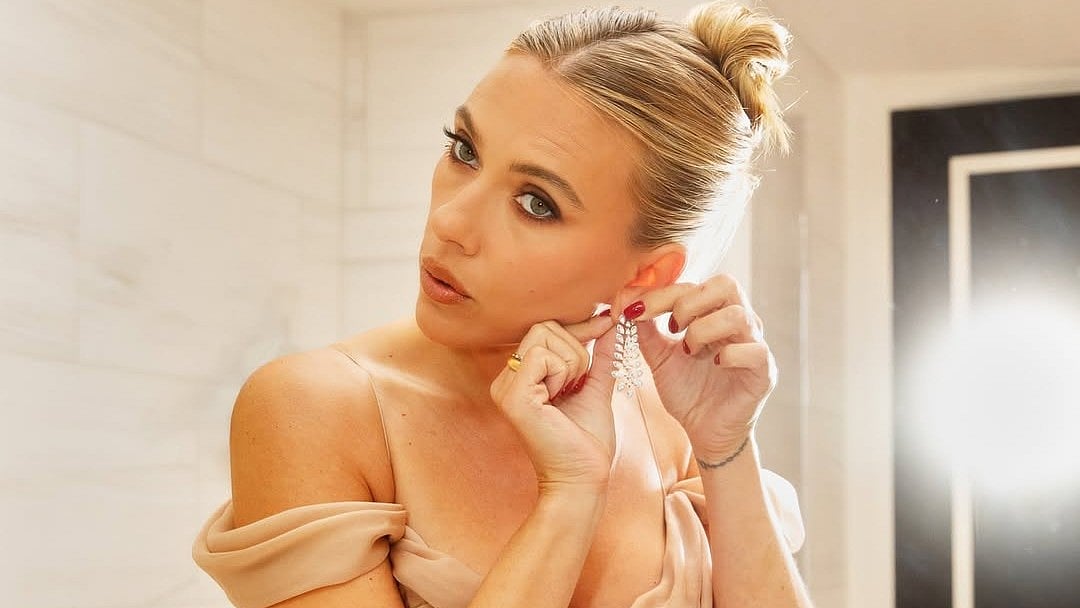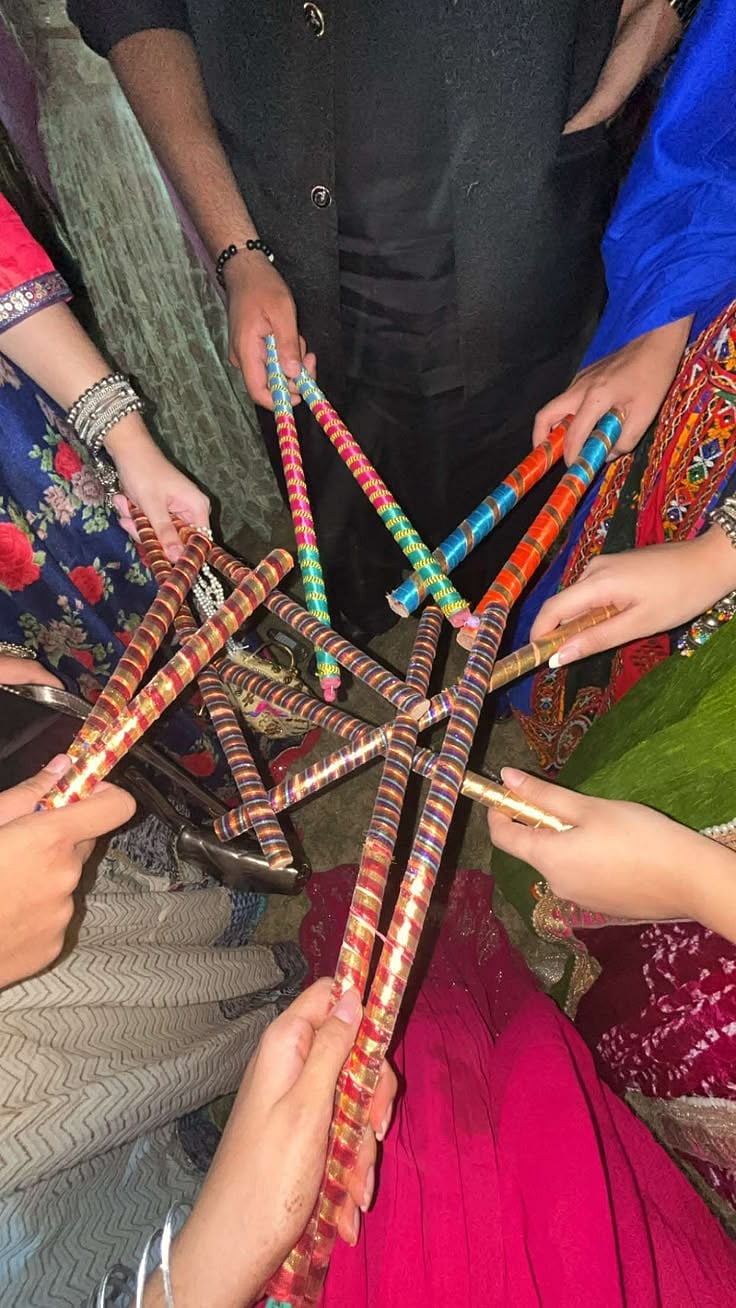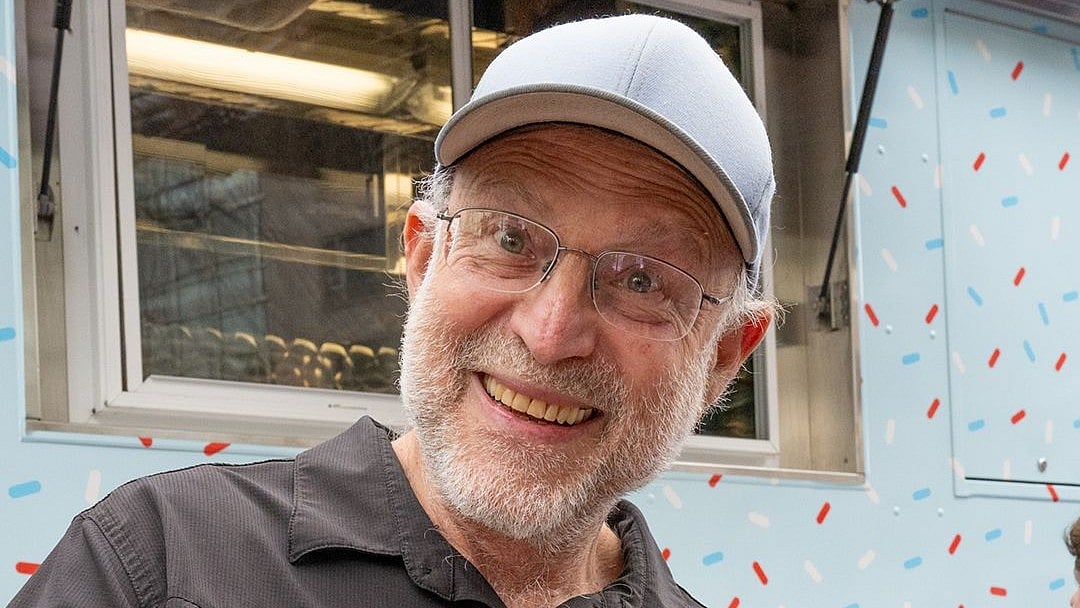Betrayal hits most human beings hard. While most of us recognise the wisdom in eventually forgetting and moving on with our lives, there are instances when it becomes extremely difficult to practise forgiveness because a certain line has been crossed.
For Madhu Chitale, the Rubicon line was crossed when “a one-time boyfriend cheated on me with my friend.” The homemaker reveals, “It tore a hole in my heart. At that point, forgiveness was not even on the periphery. When you can’t think straight, no wellness comes to mind. I was in a horrible mess – hurting badly and wanting to retaliate.”
That's when Chitale realised the toll her attitude was extracting on her own state of mind. She says, “I did not want to be this miserable person I had become. I wanted to breathe easy. So I consciously stopped thinking obsessively about what had happened to me and stopped interacting with people who knew the two of them. Fortunately, I was soon able to rationally look at the situation. I started by forgiving myself for all the horrible thoughts I had and gently I was able to completely forgive them too. Though I never did so on their face, that’s okay because I had no malice in my heart for them. Today, in fact, I feel bad as my ex-boyfriend is no more.”
Actor Arfi Lamba has a congenial nature but he too found it difficult to forgive a friend by whom he felt short-changed. The producer of the critically acclaimed Loev says, “In the beginning of my working relationship with a friend, I neither realised I was being gaslit nor did I have the vocabulary to comprehend it fully. I felt used and manipulated, and the same pattern repeated itself. You are often judged in a situation for your reactions but not by the triggers that people are planting for you... that was my situation. I was very hurt when the friendship ended on a bad note and the whole fault seemed to be mine. I started overthinking and just could not get that monkey off my back.”
At this stage, Arfi says, he reached an important understanding. “I realised that forgiving someone is fine but healing yourself is more important. It should not be preached that everyone should be forgiven... a wound will leave a mark. What we can prioritise is healing ourselves; and from that healing the forgiveness will come.”
Corporate employee Rahul Shah agrees that “when wounds are fresh, one reacts aggressively as an immediate response.” He elaborates, “I know that forgiveness is a virtue yet I find it extremely difficult to forgive someone hurtful not just verbally but from within. Healing takes place when you give the benefit of doubt to the aggressor, make new friends who offer positive energy and veer towards spirituality. When one realises that life is just a short journey, one finds a lot of sense in forgiveness.”
People who know actress-Instagrammer Preeti Koppikar will vouch for her being a gentle soul but she admits to feeling very bad when someone disregards her or is dismissive. “I find it difficult to forget or forgive that though I constantly tell myself ‘jaane do’.”
Preeti says she is a huge believer in closure for facilitating forgiveness but, as she points out, it’s not largely possible because the other person doesn’t cooperate. She says, “I had serious issues with a good friend of mine. After I expressed my displeasure, I kept my distance but I don't think he even realises it... people feel if you are quiet, problem is solved. However, the feeling of being wronged or cheated immediately sinks in. Especially because an olive branch has never been extended to me whenever I have been hurt. No one has ever said I am sorry. I have always had the ability to put myself in the other person’s shoes but I am not a saint so I do wish Karma gives them a slap. Sadly, I don't think those people will ever correlate their actions with the consequences. They simply lack the ability to see things from the other person’s point of view.”
Preeti has learnt not to let the absence of closure stop her from moving on. “Immediately after something happens, I feel rattled... but then that feeling plateaus out. I no longer allow it to disturb my sleep at night.”
Rhea Shahani of Flute and Dice clinic who is a Senior Psychologist at Trijog strikes a cautionary note on the issue. “Not forgiving someone and holding onto bitterness increases your levels of the stress hormone (cortisol) and results in numerous changes in heart rate, blood pressure and immune response.”
Shahani reasons that though forgiving can feel like letting someone off the hook, “holding grudges can mean giving more power to the person who hurt you.” She analyses, “We believe if we don't forget, it won't happen again. But forgiveness and letting go is a process. After establishing healthy boundaries, if you don't process your emotions and do the inner work, your body holds onto that hurt. I always tell my clients ‘It’s never worth the cortisol.”












